Brazil
For over 30 years, Maria da Penha, a Brazilian rights activist, lived in the heart of the Vila Autodromo favela in Rio de Janeiro.
The slum served as a shelter to over 3,000 people.
Today, it hosts the Olympic Park earmarked for the August’s games.
Out of the 600 expropriated families penciled down for compensation, 20 have refused to take the $612,000 offered by the government.
They feel that their basic rights have been violated.
“If their rights had not been violated, the community would still be here, because residents wanted to stay home. It was a gross violation of human rights. What does the word” Olympic “ mean? It means “united nations”. Where is the unity? I see no unity, on the contrary, they destroyed my unit, they took all this unit. Even today some residents are not happy, they fight each other because of that. There is no unity.
and that is the games? for people? No!,“Maria da Penha Macena said.
After months of battle, the mayor of Rio agreed to include these families in the new urban plan of the city, building them 20 homes in their former lands. A victory for the recent winner of the defender of the rights of women in Rio.
“It was a difficult time for me. It took time and required a lot of work to finalize the agreement and negotiate for these houses,” Maria da Penha Macena added.
After the games, the 31 Olympic Village buildings will be converted into luxury apartments.
But in the meantime, they will serve 17,000 athletes who are coming for the games.




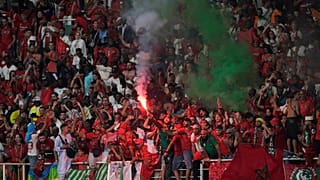

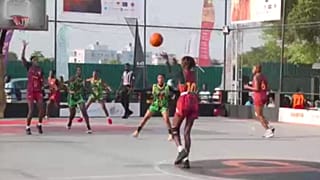

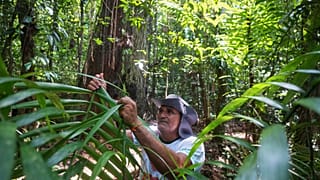
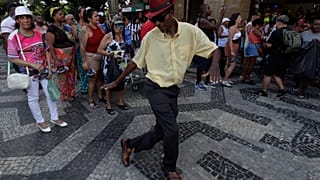

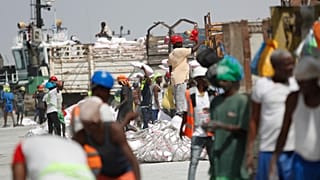

02:43
"Tamujuntu": where South Africa and Brazil meet in dance
01:49
Indigenous protesters halt COP30, demand seat at table in Amazon standoff
01:45
Blossoming jacaranda trees brighten up the streets of South African cities
01:06
France leads $2.5 billion push to protect Congo’s forest as climate summit urges action
01:00
Prince William's Earthshot Prize honours global climate innovation projects
01:38
Brazil prepares to host COP30 climate summit at gateway to the Amazon